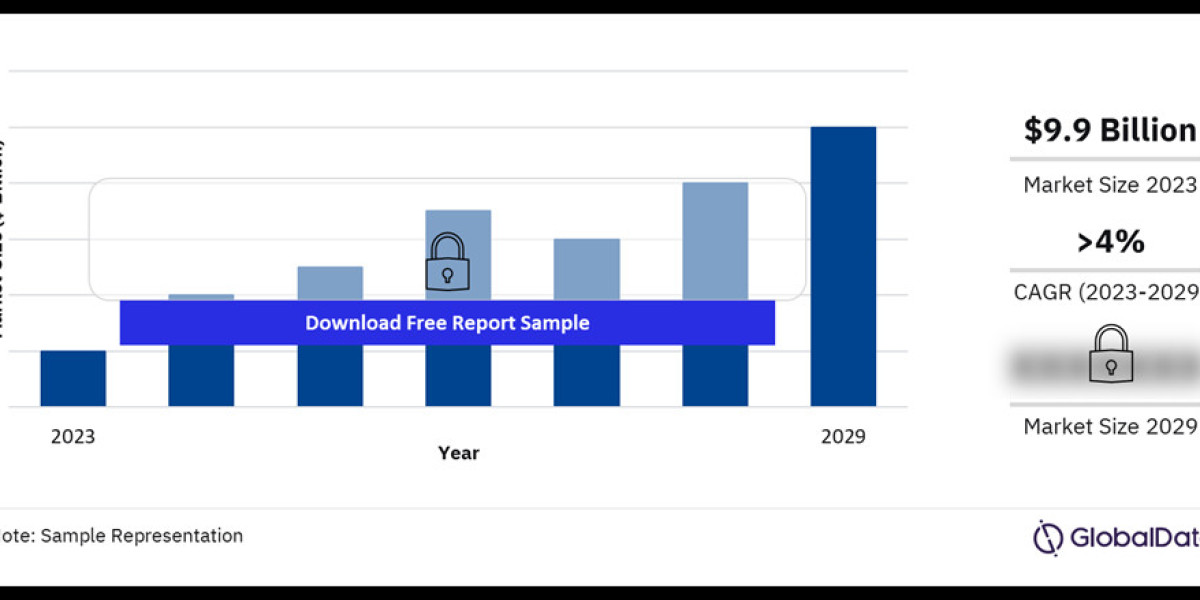For college students, textbooks can quickly become one of the largest expenses each semester. With prices often reaching hundreds of dollars for a single textbook, the financial burden can be overwhelming. However, with the right strategies, you can score cheap textbooks online and avoid overpaying. The key is knowing where to look, what to look for, and how to take advantage of various discounts and deals.
In this article, we’ll share practical tips for finding affordable textbooks online while ensuring that you get the best value for your money. Whether you’re renting, buying used, or exploring digital options, these strategies will help you save significantly.
Start by Comparing Prices Across Multiple Platforms
The first step in finding cheap textbooks online is comparing prices across multiple platforms. Textbook prices can vary widely, even for the same book, so it’s essential to shop around before making a purchase.
Here are some of the most popular websites to compare prices:
- Amazon: Amazon offers a large selection of new, used, and rental textbooks. You can often find discounted prices for both physical and digital versions. Be sure to check for free shipping deals or student discounts.
- Chegg: Chegg is another major player in the online textbook market, offering rentals, used books, and new books. It also frequently offers discounts for first-time users and promotions on textbook rentals.
- Barnes & Noble: Barnes & Noble provides textbooks for rent or purchase, including digital versions. Keep an eye out for flash sales and student discounts that can help reduce costs.
- BookFinder: BookFinder is a price comparison tool that aggregates prices from various sellers. You can compare prices for new, used, and rental textbooks, helping you find the lowest cost available.
- BookScouter: BookScouter compares prices from different textbook-buying websites, allowing you to find deals for both buying and selling textbooks.
By using these platforms, you can find the best deals and ensure you aren’t paying more than you need to.
Consider Renting Textbooks Instead of Buying
One of the easiest ways to save on textbooks is to rent them instead of buying. Renting is particularly cost-effective if you only need the book for one semester or term.
Here’s why renting makes sense:
- Significant Savings: Renting a textbook is often much cheaper than buying a new or even a used copy. In fact, you can save up to 70% or more by renting a textbook.
- Convenience: Renting a textbook is straightforward, and many online platforms, such as Chegg, Amazon, and Barnes & Noble, offer convenient return options at the end of the semester.
- No Long-Term Commitment: If you don’t need the textbook after the semester ends, renting ensures you don’t have to worry about reselling the book or keeping it for future reference.
Some of the most popular online textbook rental services include:
- Chegg: Known for its low textbook rental prices, Chegg offers free shipping for both delivery and returns, and it also has flexible rental periods.
- Amazon: Amazon offers both physical and digital textbook rentals with the option to buy if you decide to keep the book after the semester ends.
- Barnes & Noble: You can rent physical and digital textbooks through Barnes & Noble’s online store. They also offer free shipping and have a straightforward return process.
- VitalSource: If you prefer digital textbooks, VitalSource offers rentals for e-books, which are often more affordable than their print counterparts.
Before renting, check the rental terms and return dates carefully. Make sure the rental duration aligns with your semester schedule to avoid any late fees.
Buy Used Textbooks
If renting is not an option or you prefer to have a physical copy of your textbook, buying used books can be a great way to save. Used textbooks are typically much cheaper than new ones, and they can still be in good condition.
Here’s how to make sure you get a quality used textbook:
- Check the Condition: Many online platforms will rate the condition of used textbooks (e.g., “Like New,” “Good,” or “Acceptable”). Opt for books that are rated as “Like New” or “Good” to ensure you’re getting a book in decent shape.
- Look for Listings with Detailed Descriptions: Be sure to read the descriptions carefully. Some sellers may provide pictures or detailed information about any wear or damage the book might have.
- Shop from Trusted Sources: Websites like Amazon, eBay, and BookFinder offer used textbooks from reputable sellers. Reading reviews and ratings can help you avoid getting a low-quality book.
Explore Digital Textbooks
Digital textbooks are often more affordable than physical copies. They can also be more convenient, as you can access them instantly on your computer, tablet, or smartphone.
Here are some advantages of digital textbooks:
- Lower Prices: Digital textbooks generally cost less than print versions. Some digital versions even include features such as audio and interactive content, which can enhance your learning experience.
- Instant Access: Once you purchase or rent a digital textbook, you can start reading right away. This is especially helpful if you need the textbook urgently and don’t want to wait for shipping.
- Convenience and Portability: Digital textbooks can be accessed from multiple devices, allowing you to carry all your textbooks with you without the added weight of physical books.
You can find digital textbooks on platforms like:
- VitalSource: VitalSource offers digital textbooks for purchase or rent at affordable prices. Many universities and professors also partner with VitalSource to offer free or discounted digital content.
- Amazon Kindle Store: Amazon’s Kindle store has a variety of digital textbooks for rent or purchase. Many Kindle editions are cheaper than their printed counterparts.
- RedShelf: RedShelf is another great option for renting or buying digital textbooks. They offer interactive features and the ability to highlight and make notes within the e-book.
Conclusion
Finding cheap textbooks online and avoiding overpaying doesn’t have to be a challenge. By comparing prices across platforms, considering rentals or digital books, and taking advantage of discounts and price-matching policies, you can significantly reduce your textbook expenses. With these strategies in hand, you’ll be able to get the textbooks you need for your courses without breaking the bank.









